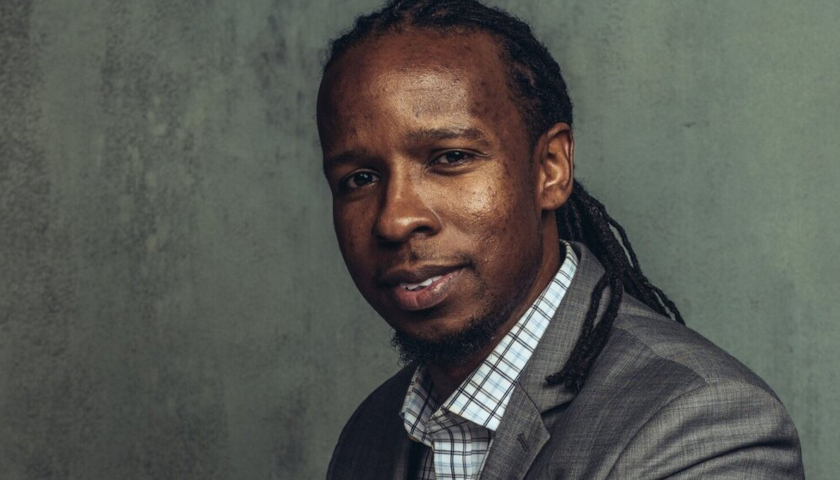by Matt Lamb
Boston University Professor Ibram Kendi took in $35,000 for a 60-minute speech, according to a recently released contract.
Arizona State University sent the contract to The College Fix on March 20 in response to a public records request filed in October 2023. The university never responded to a November 2023 message asking for an update nor provided any other updates up until last week.
The contract includes $30,000 for the speech and $5,000 for Kendi to travel to campus for the April 13, 2023 speech. Just months later, his center would come under scrutiny for allegations of mismanagement.
The public university banned outside recording of the event and only provided video “through a private transmission” with a password-protected link. Donors funded the event, the public university told The Fix.
![]()
The Goldwater Institute received the same contract after waiting nearly a year.
The legal group recently filed a lawsuit against ASU for its mandatory DEI programming.
The university spent around $2,000 on radio advertising and the same amount on security for Kendi, according to additional information obtained by Goldwater Institute.
“In the months that passed between the event and ASU finally producing the requested records, Kendi’s finances have come under additional scrutiny,” Goldwater attorney Parker Jackson wrote on the group’s website.
“Last fall, Kendi’s Boston University Center for Antiracist Research laid off at least 15 staff members due to financial mismanagement,” Jackson wrote. “But Kendi himself does not appear to be in personal financial straits, as he has made hundreds of thousands of dollars in speaking fees alone over the past few years, in addition to his salary and book deals.”
A university investigation found no issues with financial management, but the private institution is still looking into grant reporting and other complaints.
Kendi has made big promises before only to drop the ball. A coronavirus data tracker ended up being completed not by Kendi, but by volunteers with The Atlantic.
A promised “racial data lab” also appears to have fallen through.
Kendi, for his part, has said criticism of him is likely due to racism. However, some of his most vocal critics have been racial minorities. Those individuals were also employed by the “antiracist research” center.
As a professor, Kendi’s academic output is relatively low. A Fix analysis published soon before the public implosion of his center found he had not published a paper in at least four years. Kendi’s black studies colleague at Boston University, Paula Austin, had five papers published in 2022 and 2023, for comparison.
Kendi’s prominent claims include the support of “antiracist discrimination,” an idea that he edited in subsequent editions of his book, “How to be an Antiracist.”
“The only remedy to racist discrimination is antiracist discrimination,” the book originally stated. “The only remedy to past discrimination is present discrimination. The only remedy to present discrimination is future discrimination.”
The new version calls for “positive antiracist discrimination,” as reported by the Daily Caller.
A College Fix analysis found Kendi’s center likely laid off mostly black and Latino staffers in the aftermath of complaints about his leadership and financial problems.
It is plausible this is because his center would be more likely to attract racial minority hires, given its emphasis on diversity issues. But Kendi’s theory leaves no room for non-racist explanations of racial disparities.
“A racist policy yields racial disparities,” Kendi previously told The New York Times. “An anti-racist policy reduces or eliminates racial disparities.”
“A racist policy is any measure that produces or sustains racial inequity between racial groups,” he has also written.
– – –
Matt Lamb is Associate Editor at The College Fix.
Photo “Ibram Kendi” by Stephen Voss








